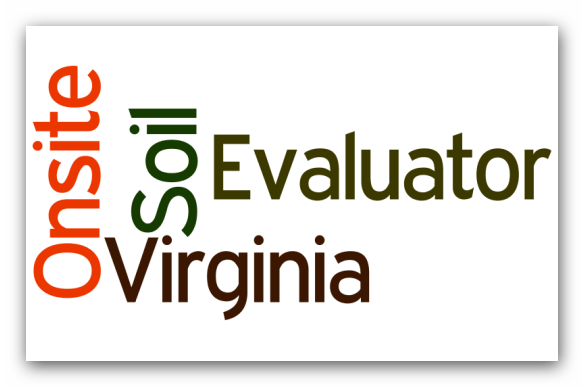Here's a couple of excerpts from a paper by Professor Stanley Gross going back to 1986 about Professional Licensure and Quality. Link for the entire article, Cato Policy Analysis No. 79.Cato Policy Analysis No. 79 December 9, 1986 (article link) |

Professional Licensure and Quality:
The Evidence
by Stanley J. Gross
Stanley J. Gross is professor of counseling psychology at
Indiana State University. This paper is an updated and ex-
panded version of two chapters of his book entitled Of Foxes and
Hen Houses: Licensing and the Health Professions (Greenwood Press, 1984).
Executive Summary
The generally stated purpose for licensing and the primary
justification for this use of the police power of the state is to
ensure quality in services offered to the public. Until fairly
recently, the relationship between licensing and quality was
rarely questioned; it appeared self-evident that conscientious
restriction of entry into a profession would result in protection of the public from quacks and incompetents. In the last
decade, though, this conventional wisdom has been questioned by
a number of investigators.The purpose of this paper is to present the evidence about the relationship between professional licensure and quality. First, some of the ways of defining quality are presented. Second, the regulation of professionals by restricting entry is examined in terms of five measures of quality. Third, licensing agency effectiveness is evaluated in terms of functional criteria.
[...]
Conclusion
The justification for professional licensing involves the use of the police powers of the state to protect the public from quacks and incompetents. The professional monopolies that result cause the loss ofone aspect of economic freedom--namely, the right to choose an occupation.[156] Given the high value that political and economic freedom have in the United States, the burden of proof should be on the states and the professionals they regulate to show that the loss of freedom is justified by the protection given to the public. Further, the costs of licens- ing, which include higher costs of professional services, resis- tance to innovation in education, training, and services, and maldistributions in the supply and use of professional and para- professional resources[157], make the price paid by the public for protection even higher and necessitate the requirement for justification.
Two forms of evidence have been brought to bear on the question of whether licensing is justified. First, there is the empirical research literature, which is rather new, dating for the most part from 1977. There is some support for the proposition that entry restrictions result in more qualified professionals to serve the public, as judged by the somewhat questionable ratings of peers, the self-reports of professionals themselves, and crude measures of consumer satisfaction (reduced malpractice claims and rates). However, measures of quality that tap the availability of professional services, the extent to which consumers choose to substitute other practitioners, and the direct outcomes of service primarily show either no relationship between entry restrictions and quality or a negative relationship.
Second, there is the evidence that comes from the evaluation of the functioning of state licensing boards. It has been shown that licensing boards do not effectively determine initial competence of licensees; they do not help to maintain the continued competence of licensees; they are ineffective in the disciplining of errant practitioners; and they do not properly address the needs of underserved populations. Instead, as has been shown, the licensing system has exacerbated the problems of maldistribution and underutilization of professionals, and it has supported a "licensing for life" system. The evidence presented does not justify the loss of economic freedom or the costs associated with professional licensing. Neither the licensing boards nor the professional associations that desire licensing can be said to have made their case.

No comments:
Post a Comment